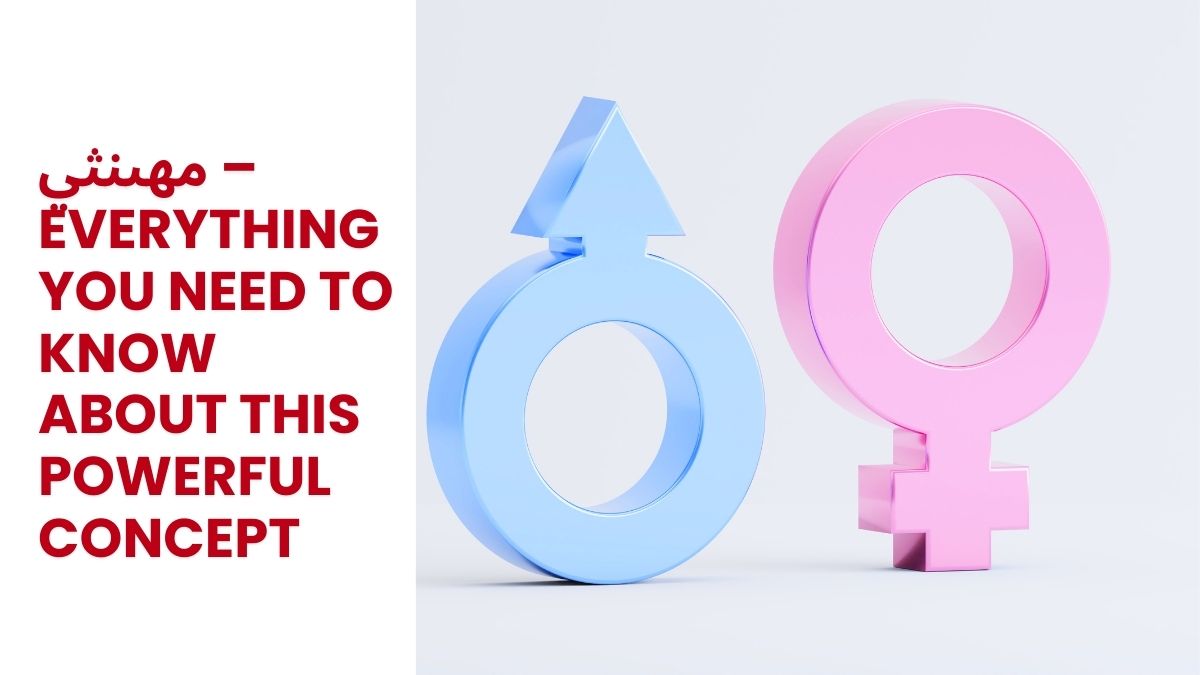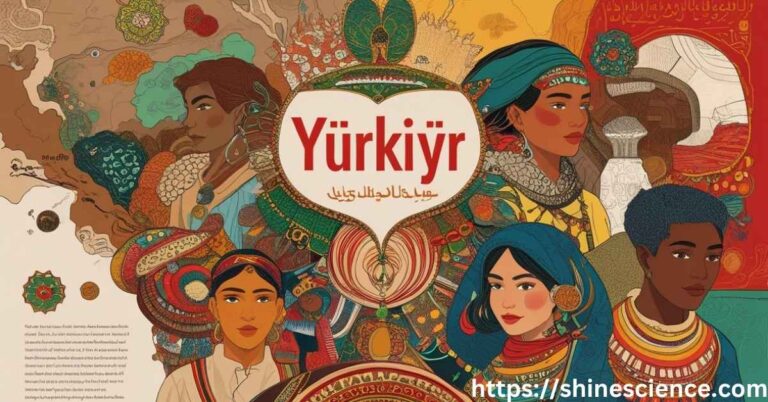
Introduction
Understanding the meaning behind words is essential in today’s fast-moving digital world. One such word that has captured attention online is “مهىنثي”. It’s a unique term that many people search for, but few really understand deeply. If you’ve been wondering what It means, you’re in the right place.
In this complete guide, we’ll explore the real meaning of مهىنثي, its background, usage, cultural relevance, and why so many people are talking about it online. We’ve made this article super simple and easy to understand, so everyone — from beginners to experts — can enjoy it.
What Does مهىنثي Mean?
Understanding the Word “مهىنثي”
The word مهىنثي comes from the Arabic language. In many cases, it is used to describe someone who identifies differently from their assigned gender at birth — a concept that is tied to gender identity. While in some dialects or regions, it may carry a negative tone or stereotype, it’s important to approach the term respectfully and understand its cultural and human context.
Cultural Context and Use of مهىنثي
In many Arab-speaking societies, gender roles are very clearly defined. When someone doesn’t fit into these traditional roles, people may use words like مهىنثي to describe them. It may be used casually, descriptively, or — unfortunately — in a judgmental way. However, today, many individuals are reclaiming the term, giving it a positive and empowered meaning, promoting gender diversity and awareness.
Why Is مهىنثي Trending Online?
1. Rise of Gender Awareness and Social Media
The world is becoming more inclusive and open-minded. Social media platforms like TikTok, Instagram, and YouTube are full of creators talking about gender identity, expression, and human rights. In this landscape, the word مهىنثي is being discussed more openly — sometimes in supportive ways, and sometimes in controversial debates.
2. Global Influence and Representation
As more people from the Arab world participate in global conversations about gender, مهىنثي becomes part of the bigger picture. Artists, influencers, and activists are challenging stereotypes, helping society understand that gender is not just black and white.
The Impact of Language: Is مهىنثي a Positive or Negative Word?
Understanding Tone and Intention
Like many culturally sensitive terms, the meaning of مهىنثي depends a lot on how it’s said and who is saying it. In a respectful and understanding environment, it can be used as a neutral or even empowering word. But when used in a mocking or aggressive tone, it becomes hurtful.
Educating for Positive Change
That’s why education is important. People need to learn about gender identity, respect, and inclusivity. By reading about terms like مهىنثي, we become more aware, kind, and thoughtful in how we treat others — both online and offline.
How Different Cultures View Gender Identity
Across the World
In many cultures, people recognize more than just two genders. In India, the term “Hijra” is used for a third gender. Native American traditions, there are “Two-Spirit” people. These examples show that gender diversity is not new, and certainly not wrong.
The Arab World and the Concept of مهىنثي
In Arab countries, the concept of مهىنثي may not be widely accepted yet, but things are slowly changing. Thanks to the internet, people are learning more about LGBTQ+ topics, which helps build understanding. Younger generations especially are showing more openness and empathy.
Why Understanding مهىنثي Is Important
1. Respect and Human Dignity
Everyone deserves to live with respect and dignity. Whether someone identifies as male, female, non-binary, or مهىنثي, they are human first. Knowing what the word means helps stop hate and promote love.
2. Fighting Stereotypes and Myths
There are many myths about people who are called مهىنثي — that they’re confused, wrong, or unnatural. These are all false. Gender identity is a personal journey, and people deserve support, not judgment.
How to Support Someone Who Identifies as مهىنثي
1. Use Respectful Language
Don’t use مهىنثي to insult or mock someone. Instead, try to understand what it means to them. Ask them their preferred pronouns or how they identify — and respect that.
2. Be an Ally
Support your friends, classmates, or coworkers who may be exploring their identity. Listen without judging. Educate yourself and speak up against bullying or hate speech.
Media Representation of مهىنثي Individuals
Positive Change in TV and Films
More Arab films and shows are starting to include characters who may identify as مهىنثي or express gender differently. While some portrayals are still stereotypical, we are beginning to see realistic and respectful representations.
The Role of Influencers
Social media influencers play a big part. Many are using their platforms to share personal stories, educate followers, and build safe communities. Their courage helps others feel seen and heard.
Challenges Faced by People Labeled as مهىنثي
Social Stigma
One of the biggest problems is judgment and rejection from family or society. This can lead to mental health struggles, low self-esteem, or even violence in some cases.
Lack of Legal Rights
In many countries, people who are considered مهىنثي do not have proper legal protection. They may not be able to change their gender on official documents or access safe healthcare.
Conclusion
Understanding the word مهىنثي is about more than just translation — it’s about people, respect, identity, and human rights. Words can heal or hurt, so we should choose them carefully.
As society becomes more informed and compassionate, we can build a future where everyone — regardless of gender — can live freely, safely, and happily. Let’s learn, grow, and stand together for love, respect, and equality.
Frequently Asked Questions (FAQs)
Q1: Is مهىنثي a bad word?
No, it depends on how it is used. If said with kindness or respect, it’s not bad. If said to insult someone, then it becomes hurtful. Language and tone matter.
Q2: Can someone call themselves مهىنثي?
Yes, some people may use the term to describe themselves, especially in communities where they are reclaiming it in a positive way.
Q3: Is مهىنثي the same as transgender?
It can be similar in meaning, but not always. The term “transgender” is broader and used more commonly in English-speaking countries, while مهىنثي is used more in Arabic-speaking communities.
Q4: How can I support someone who is مهىنثي?
Treat them with kindness, use their chosen names or pronouns, and speak up if others are being disrespectful.
Q5: Why is this topic important?
Because every person deserves respect, safety, and dignity — no matter their gender identity. Learning about terms like مهىنثي helps build a more loving and fair world.



